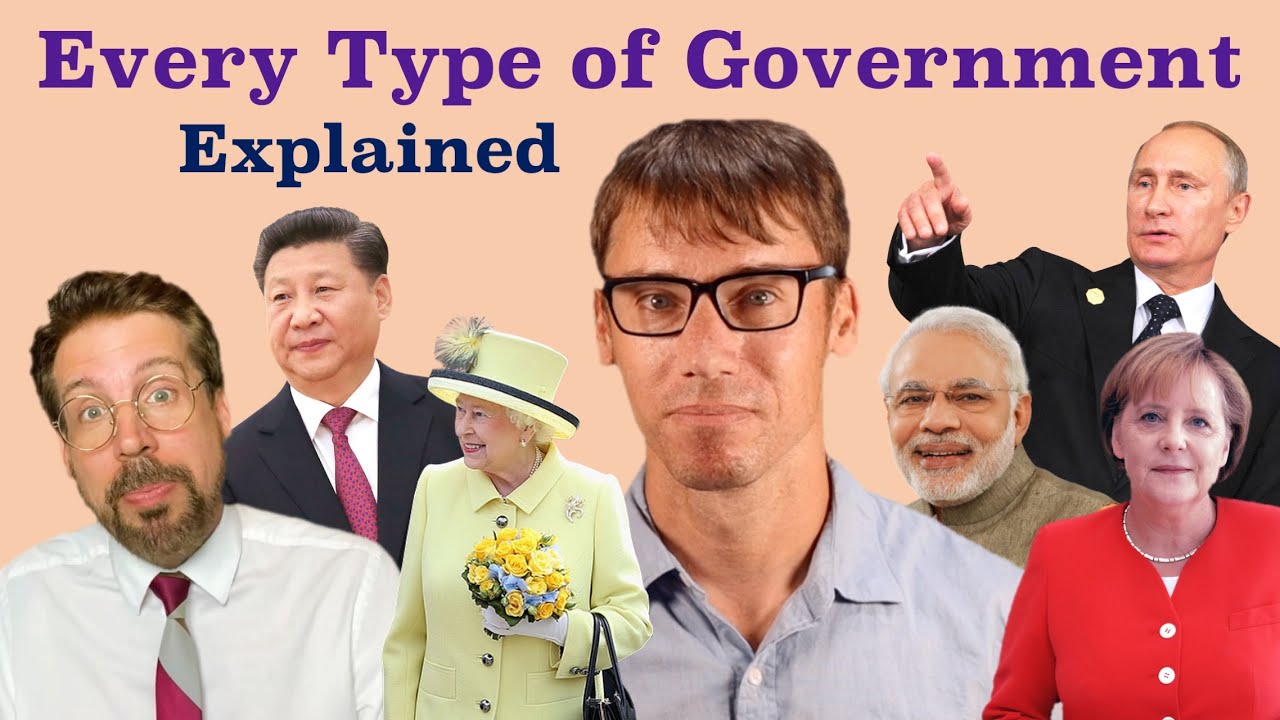The video by Mr. Beat, featuring Dr. David Miano from World of Antiquity, provides a comprehensive overview of what government is, the various types of governments, and their historical origins. It begins by defining government simply as the people who run society and create rules that are enforced to maintain order. Politics is described as the way power is distributed within a government. The fundamental purpose of government is to protect society, resolve conflicts, defend against external threats, and provide public services.
Governments fall into two broad categories: democratic and undemocratic (authoritarian). Democratic governments are those where power belongs to the people, exercised either directly or through elected representatives. The origins of democracy trace back to prehistoric tribal consensus and the classical Greek city-state of Athens, which practiced a direct democracy where male citizens could vote and hold office. Modern democracies are mostly representative, where elected officials make decisions on behalf of the citizens, with republics being the most common form. The video also explains parliamentary and presidential democracies, as well as less common forms like demarchies and nonpartisan democracies.
In contrast, undemocratic governments, or authoritarian regimes, deny people a voice in governance. Autocracies, ruled by one person, include monarchies (power inherited) and dictatorships (power seized). The video explores the Roman origins of the terms dictator and republic, emphasizing how power was concentrated or shared among magistrates and assemblies. Oligarchies, where power is held by a few, are discussed as historically the most prevalent form of government, with aristocracies (rule by nobility), plutocracies (rule by the wealthy), stratocracies (rule by the military), and theocracies (rule by religious leaders) as specific examples. Most oligarchies tend toward kleptocracy, where rulers enrich themselves at the expense of the populace.
Anarchy, the absence of government, usually arises after revolutionary turmoil but is also a political philosophy advocating for no government at all. The video concludes by noting that governments often combine multiple types and qualifiers, such as constitutional monarchies, and that the United States is an example of a constitutional democratic republic. Mr. Beat shares his personal preference for a parliamentary, nonpartisan republic and encourages viewers to engage in discussion.
Originally posted 2025-08-18 19:16:00.

